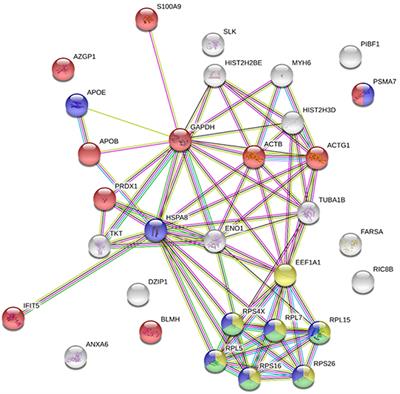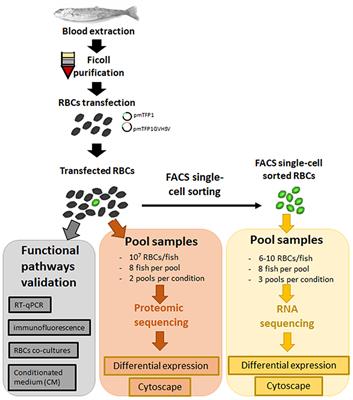EDITORIAL
Published on 06 Sep 2022
Editorial: The role of red blood cells in the immune response of fish
doi 10.3389/fimmu.2022.1005546
- 1,656 views
- 5 citations
8,152
Total downloads
42k
Total views and downloads
You will be redirected to our submission process.
EDITORIAL
Published on 06 Sep 2022
ORIGINAL RESEARCH
Published on 22 May 2019

ORIGINAL RESEARCH
Published on 16 Apr 2019

ORIGINAL RESEARCH
Published on 04 Mar 2019

MINI REVIEW
Published on 16 Jan 2019

ORIGINAL RESEARCH
Published on 29 Oct 2018

